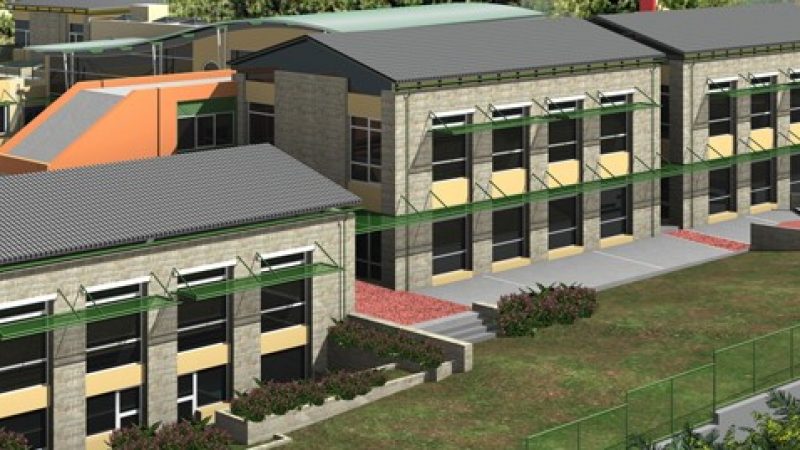The Arsakeio Primary School of Ioannina is very active, having developed numerous initiatives and student-centred activities, including rich work in science and environmental education. The teachers of the school are positive towards innovative educational activities, including the headteacher, who is actively supporting the development of living lab projects in her school.
The culture of the school encourages cooperation with and offering to the local community. There are good established contacts with various societal actors in the area, including through some of students’ parents. Relevant collaborations so far have been positive. However, the living lab activities inspired by SALL is the first time the school has tried close collaboration with societal actors on a specific student-centred school project over a longer period of time.
The overall aim is to involve young primary school students in living lab school projects in the thematic area of food waste over a longer period (the three school years covered by the duration of SALL and beyond). Therefore, in the pilot phase in school year 2020-2021, preliminary activities started with all 7-year-old students of the school (2nd primary school grade), who will also be involved in living lab activities in the following years. The topic for this first phase is Composting.
During the SALL pilot in school year 2020-2021, the school project did not include the direct involvement of societal actors, due to the severe restrictions posed by the COVID-19 pandemic. However, the overall planning of the living lab activities of the school foresees collaboration with several societal actors, such as students’ parents, local professionals and businesses, as well as the Municipality of Ioannina.
During the SALL pilot, the school project included preliminary work mainly focused on student awareness raising and creativity. Starting from a discussion of the existing recycling programme implemented in the school, students further discussed waste, the problems it causes and what we can do to solve them. Then they specifically discussed food waste and whether there is a way to recycle it too. Further, through brainstorming, presentations and discussion, students explored composting. Watching relevant videos, students discussed how one can do composting. Through brainstorming, videos, and interactive game-based exercises they also explored what materials can be put in the compost bin. Based on internet searches for images, they explored how a compost bin can be made, discussing the features, similarities and differences of various compost bins. Finally, each student designed and presented to the class their own compost bin, explaining what materials it is made of and what its main features are.
The work on the topic of composting will be further elaborated in the following school year, including experimentation for the construction of a decomposition column from plastic bottles and monitoring of the decomposition process of plant residues, as well as research on what materials from our homes can be put in the compost bin.
In addition, the school is planning to integrate its future living lab activities with “Skills Laboratories”, an innovation that has been recently introduced into the curriculum of Greek schools. Further topics to be worked on include the links of the food system theme with aspects such as professional life, entrepreneurship, cyclical economy, etc.
CONTACT
Pavlos Koulouris
National coordinator, Ellinogermaniki Agogi
Mail
School website

